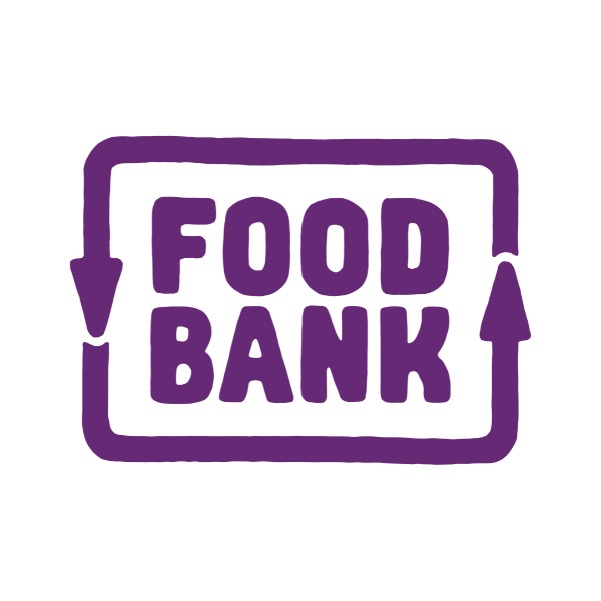On any given day, more than half a million households in Australia are battling to meet their food needs and the rising cost of living is the single biggest reason why. According to the Foodbank Hunger Report 2022, more than 2 million homes in Australia went hungry in the last 12 months, which means they actually ran out of food because of financial limitations, sometimes skipping meals or going whole days without eating. Alarmingly, it’s more likely for a child to have experienced food insecurity than an adult - 1.3 million Australian children lived in severely food insecure households in the last 12 months. There are people who are being affected in every neighbourhood, city and country alike, and over half of food insecure homes in Australia had someone in paid work, meaning having a job no longer insulates you from hunger.
Foodbank is the largest food relief organisation in Australia. Last year, we sourced 45.6 million kilograms of food and groceries which equated to 82 million meals. We work with 2,625 frontline charities and 2,980 schools to support Australians who are struggling, and currently feed over 1 million Australians each month.
Foodbank also plays a key role in times of emergencies and natural disasters such as bushfires, floods and cyclones, providing essential supplies to support emergency workers and first responders during the immediate response phase and the ongoing weeks and months it can take communities to recover. We also play a vital role in tackling Australia’s $36 billion food waste problem and contribute to climate change solutions by reducing CO2 emissions arising from landfill.
To ensure Foodbank warehouses across the country always have key staple items in stock, we collaborate with the entire food and grocery industry to proactively source nutritious and convenient food such as cereal, milk, tinned vegetables, rice, pasta, pasta sauce, meal bases and meat so that we can distribute these items for as long as people need it. Funding will be used to source these critical foods as part of our Key Staples Program that don’t come in sufficient quantities via traditional rescue channels.
Despite Foodbank’s scale and capacity, charities still report that they are not receiving enough food to meet the full need of the people they assist. This is why, with your support, we strive to feed Australians in need every day.
Events

Ricochet BALL 2024
